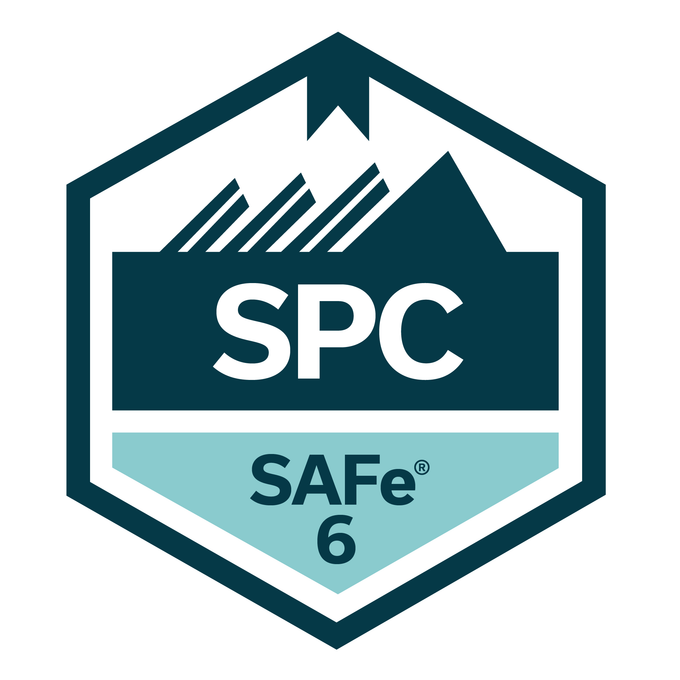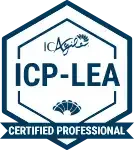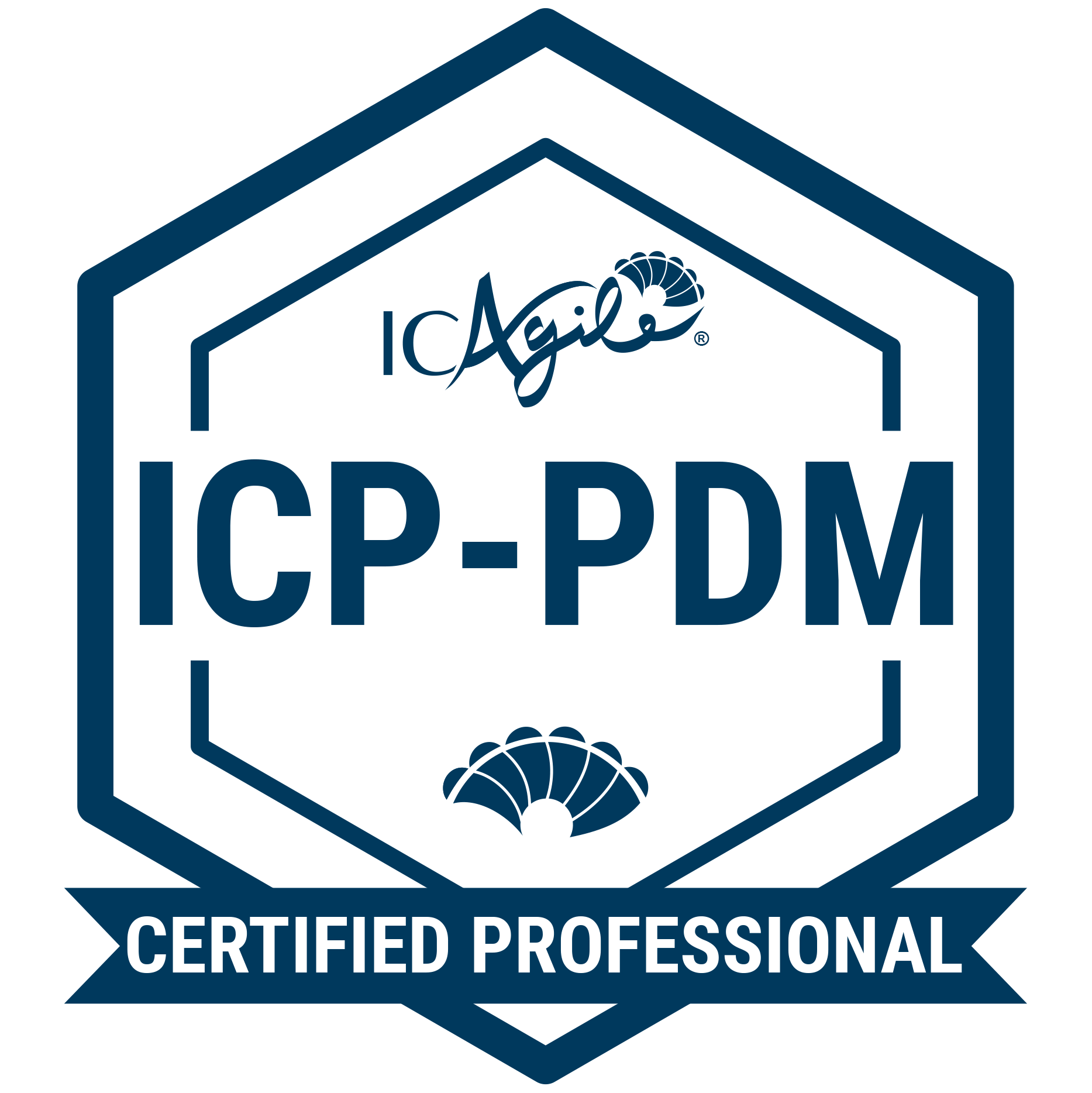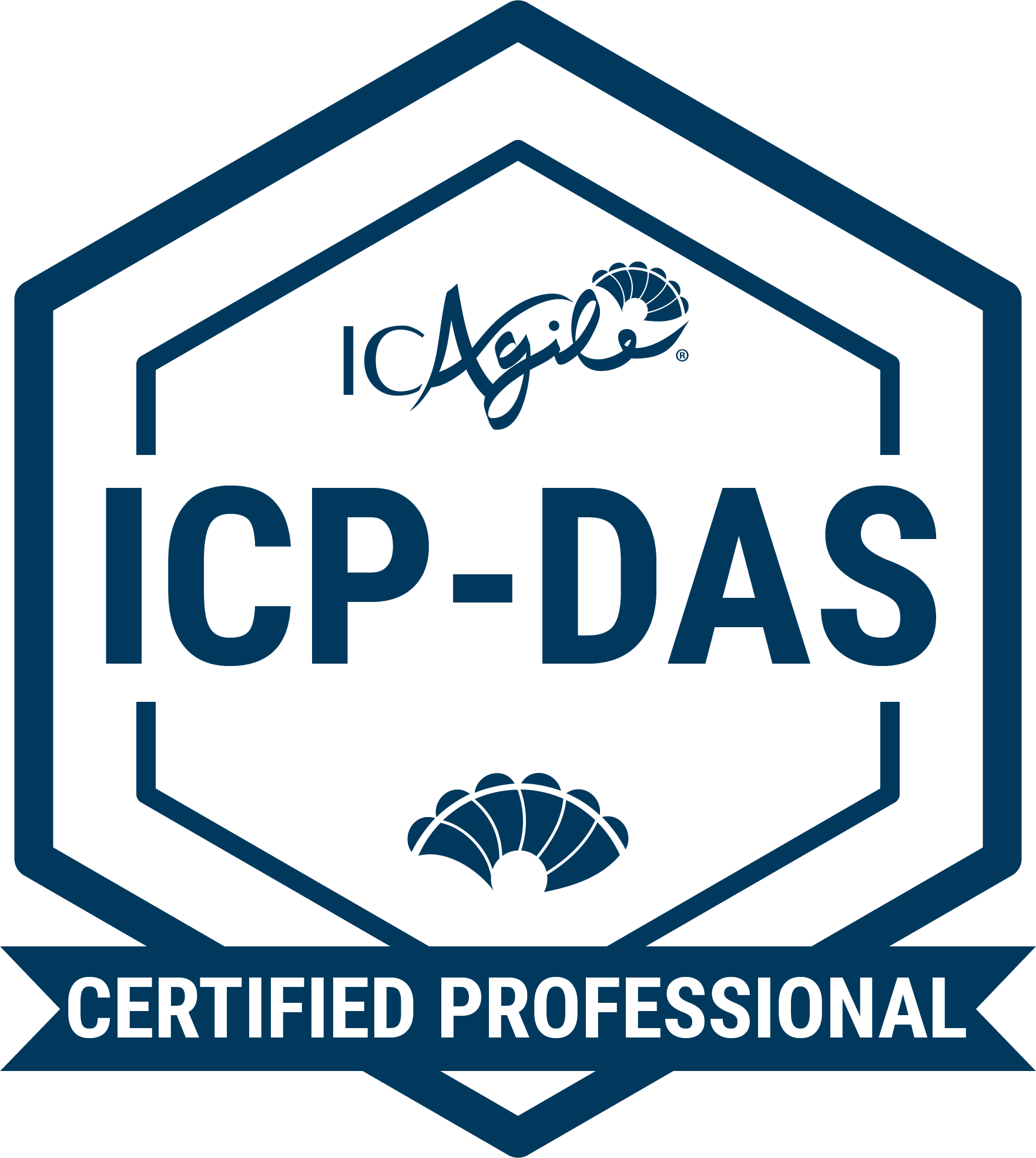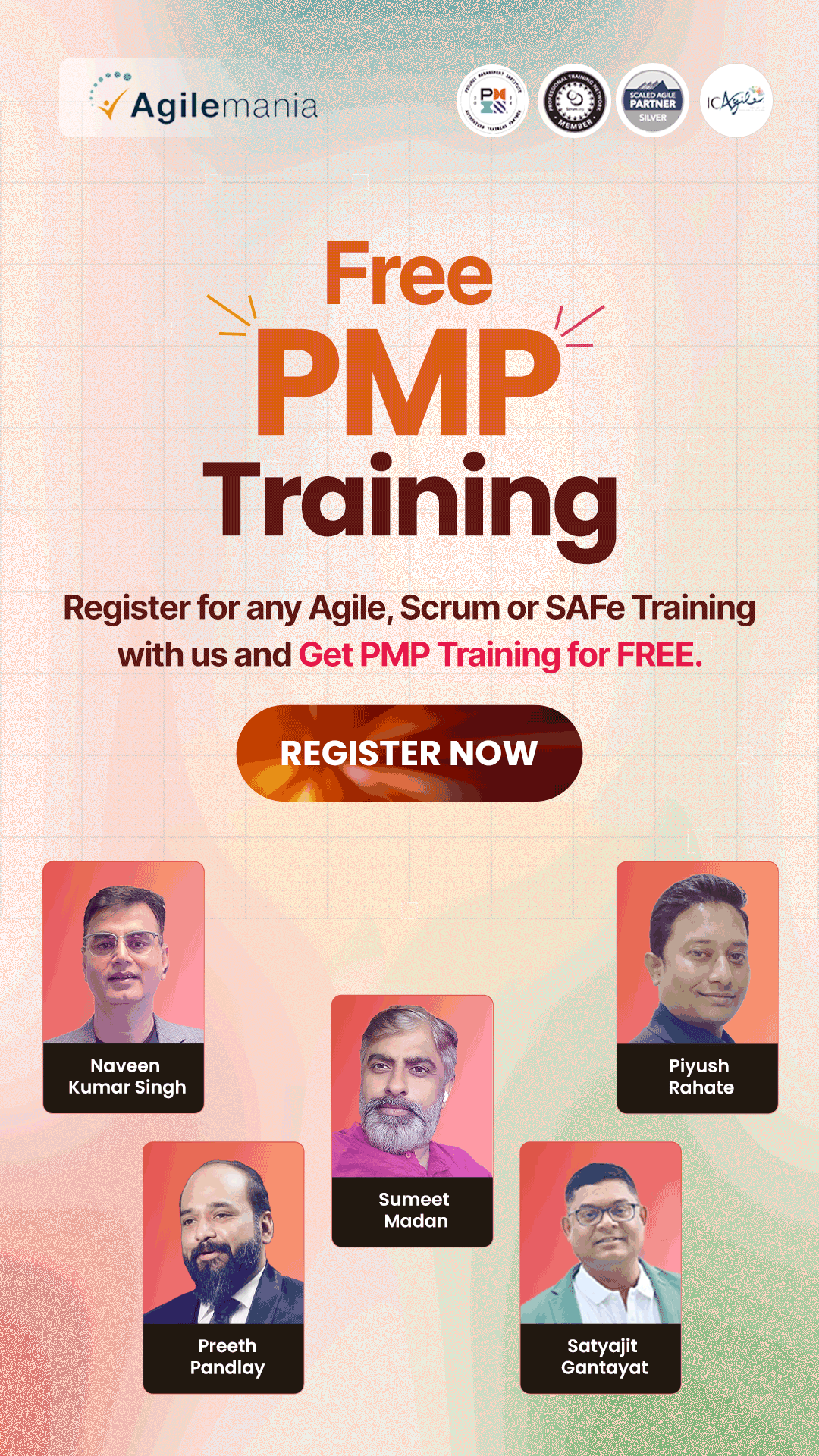Explore Your Knowledge About Scrum and the Scrum Master Responsibilities With Agilemania
We've put together a list of useful resources on this study guide page to help you get ready for the
Professional Scrum Master™ I (PSM I) certification. These are recommended
guidance, and we encourage you to get PSM-I certification with your own practical
experience and additional readings as needed.
The PSM I certification is designed to assess your grasp of Scrum as outlined in the Scrum Guide,
along with your understanding of key principles of Agile leadership and team dynamics.
To build a strong foundation before attempting the PSM I exam, we recommend attending a
Professional Scrum Master™ training course led by an accredited Scrum.org
Professional Scrum Trainer (PST). This training offers real-world insights and interactive learning
to help you internalize Scrum theory and application.
Explore More with Agilemania
Continue your Scrum learning journey with Agilemania. Our courses, blogs, and expert-led sessions are
designed to deepen your understanding of Scrum roles, especially the Scrum Master's
responsibilities, while giving you the confidence to apply your knowledge effectively.
What Next?
Based on the attendance, your details will be processed with Scrum.org, and you will receive your
passwords soon after.
Here are a few tips for your preparation:
- Read the Scrum Guide, read it once again, and then read it once more. Then read the Scrum Guide again. Read the Scrum Guide, read it once again, and then read it once more. Then read the Scrum guide again. Get the scrum guide here.
- Try the open assessments available on Scrum.org as a refresher. You can also try the more comprehensive assessment.
- Remember that the exam tests your insights into the values and principles of Scrum and how to apply them to ambiguous, challenging, real-life scenarios. The best advice is to think Scrum and remember your role as a servant-leader.
- Beware of
- 100%
- Must
- Will
- Mandatory
- Project (Leader)
- Resources
- Process
- Old terminology - Development Team, Daily Standup, Sprint Demo, etc.
- Don't fall for the trap of the words above. If you see them, read the question twice.
There is no must or will. There is nothing mandatory but the 11 essentials. There is no Project Manager or Project Leader.
- Stay away from the "Tyranny of Traditional."
- Read the question carefully and read all the options before selecting the answer.
- Pay attention to "NOT" in the question. It reverses the meaning. The question could be, "Which of these is not a ….."
- Pay attention when selecting multiple answers. Often in a hurry, people choose one option and move ahead. All multiple selections will be checkboxes, not radio buttons.
- Be careful with the usage of should vs. could; must vs. can. For eg: Scrum Master can attend the Daily Scrum is correct, while Scrum Master must attend Daily Scrum is incorrect.
- Similarly, pay attention to attendance vs. participation.
- Pay attention to what is not Scrum - Velocity, Story Points, User Stories, Sprint 0, Hardening Sprint, Integration Sprint, Release Sprint, Planning Sprint, etc.
- Answer all questions. There is no negative marking.
Remember the basic rules of Scrum:
- One Product - One Product Owner, no matter how many teams work on that product.
- Scrum Teams are self-managing. You do not solve their problems. You enable them to find their solutions.
- Remember, the team's collective wisdom is always more than the wisdom of an individual. Take the problem to the team.
- There are no titles, or designations, just accountabilities - PO, SM, and Developers.
- Scrum recognizes no sub-teams (DB, UI, UX, Dev, Test) nor recognizes any phases (Analysis, Design, Coding).
- If Scrum is reduced to one purpose only, it would be to create a 'Done' Increment," which is usable.
- Scrum Mastery has no specific process, but as Scrum Master, you have options – coaching, teaching, mentoring, facilitating, pointing north, actively doing nothing, upholding scrum – use them to create change.
Some more aspects to remember when you answer the questions:
- Scrum is NOT a PROCESS or METHOD
- Transparency is NOT a VALUE.
- Product Owner is NOT a COMMITTEE
- WHAT IS NOT DONE is NOT RELEASABLE
- Scrum Master is NOT a MANAGER
- Scrum Master is NOT a PROBLEM SOLVER
- Developers are NOT RESOURCES
Stay focused on the exam; it helps. Take the exam in your prime time, i.e., when you are most active. Please take it in a quiet, comfortable place so that no one disturbs you throughout the exam.
Key points that will help you in passing the assessment
- Try open Scrum assessment multiple times to ensure you are scoring 100% consistently - https://www.scrum.org/open-assessments/scrum-open
- Read ScrumGuides.org and understand the roles, events, artifacts, rules, and recommendations. Please also review the slide deck (link provided in this mail) and write to me if you have questions.
- Don't research the internet, and don't try any other assessment.
- Your assessment link never expires, but you should take the assessment within 14 days of receiving the link to qualify for a no-cost retake (if you do not clear the assessment).
- Try PSM - II after passing PSM - I. Send mail to support@Scrum.Org to avail 40% discount for PSM - II certification cost.
- The Scrum Master role requires a lot more discovery than just reading slides. So, here is a curated list of books, blogs & videos for you to read/watch to start your journey to be an awesome Scrum Master.
Blogs
From Scrum Master roles to Agile values and team practices, these blogs offer practical tips and deep understanding for every Agile enthusiast.
Watch Videos:
Watch engaging and insightful videos recommended by Agilemania to better understand Agile practices, leadership challenges, team dynamics, and Scrum roles.
Case Studies:
Explore real-world case studies selected by Agilemania that showcase how organizations successfully adopted Agile practices.
- Zappos Case Study
- Buurtzorg Self Managing Case Study
- BMW Case Study
Our Books:
Here is the list of insightful books recommended by Agilemania to deepen your knowledge of Agile, Scrum, and team leadership.
Tutorials
Explore our beginner-friendly tutorials designed to build your foundational knowledge in Agile, Scrum courses, Project Management, and more. Start learning the key concepts and skills needed to grow in today's agile-driven world.























